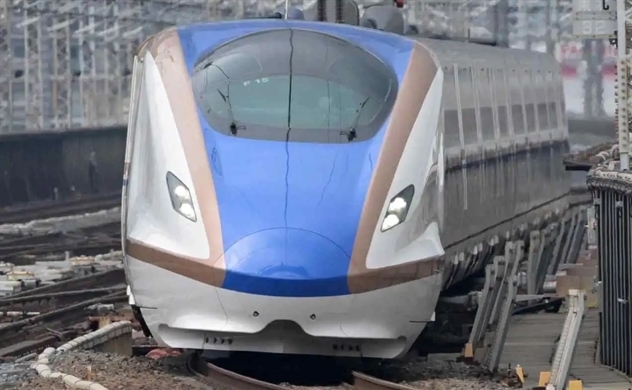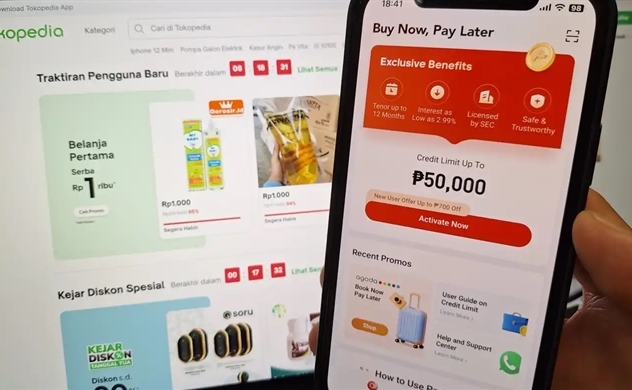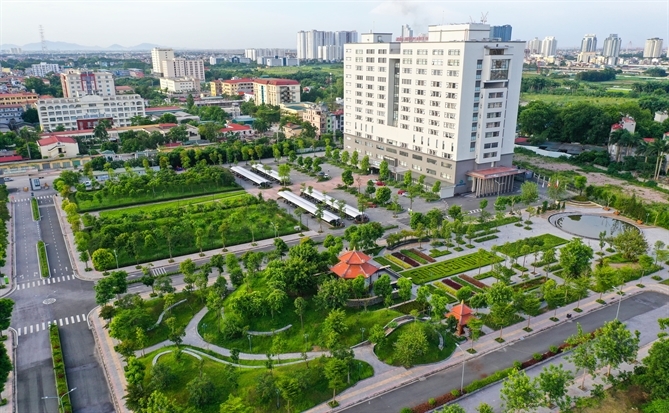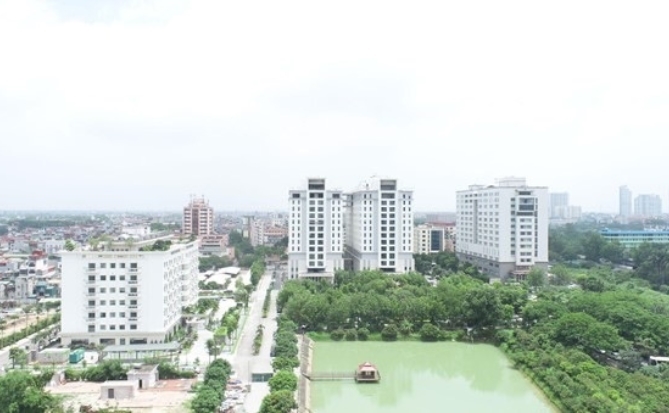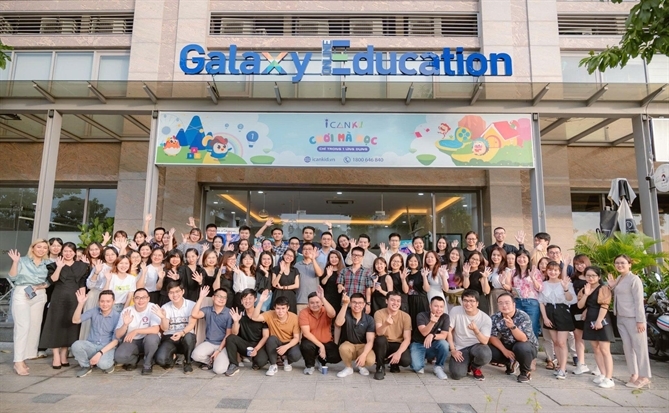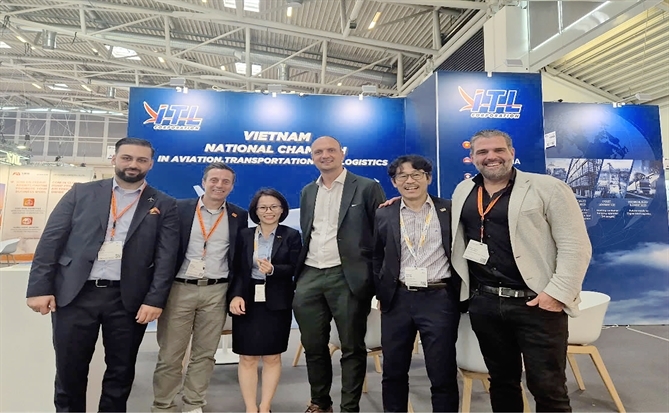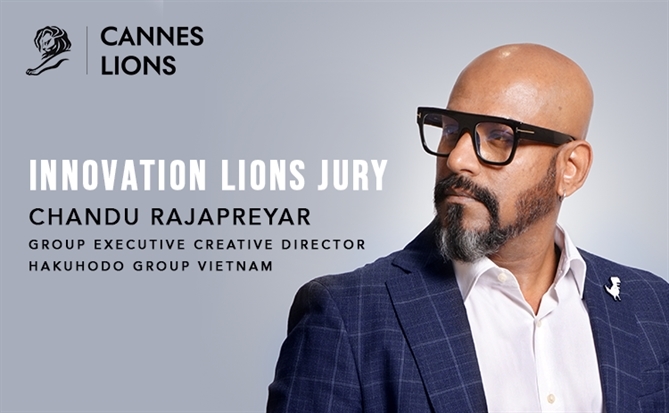Major institutions, firms team up to promote clean energy in SE Asia
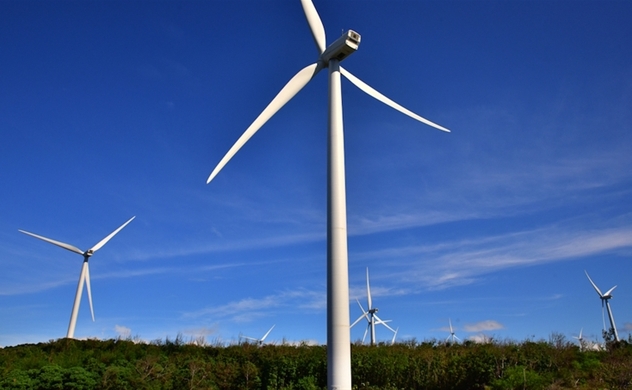
A wind farm in Southeast Asia. Photo courtesy of the Asian Development Bank.
The Asian Development Bank (ADB) and Singapore’s Energy Market Authority (EMA) have signed a memorandum of understanding that paves the way for this regional development process while supporting the establishment of the ASEAN Power Grid.
The partnership will also boost Singapore’s efforts to decarbonize its power sector and import clean electricity from the region, ADB announced on Tuesday.
The collaboration will involve the sharing of expertise and best practices in areas like regional cooperation, public-private partnerships, structuring, and project financing.
The MoU also empowers ADB to use its full suite of products and services to support ASEAN countries and project sponsors in implementing and managing the risks of clean energy projects in the region.
“The clean energy transition demands high-impact collaboration across ASEAN and a diverse range of financing sources,” Ahmed M. Saeed, ADB’s vice president for East and Southeast Asia and the Pacific, said in the announcement.
“Investing in clean energy not only puts us on a path to net zero, but it increases prospects for strong and sustainable growth,” he said.
EMA chief executive Ngiam Shih Chun added: “This collaboration will combine the expertise and resources of EMA and ADB to further unlock the potential for low-carbon electricity to power the region, and boost efforts to decarbonize our power sector through imports of low-carbon electricity.”
Regional energy trade
In October 2021, EMA announced Singapore’s plan to import up to 4 gigawatts of low-carbon electricity, equivalent to 30% of its total supply, by 2035 as part of its plan to decarbonize the energy sector. Under this plan, the ongoing request has garnered over 20 proposals from six countries, offering a combined import capacity of more than 10 gigawatts. Singapore has also entered multiple energy collaboration agreements with source countries, including Vietnam, Cambodia, Laos, Indonesia, and Australia, to explore the potential export of electricity to Singapore.
State-run Petrovietnam and Singapore conglomerate Sembcorp Industries are planning to build offshore wind power projects to sell electricity to Singapore. As part of the plans, Petrovietnam Technical Services Corp. (PTSC) and Sembcorp Utilities announced the joint development agreement in Singapore in February.
Per the agreement, PTSC and Sembcorp Utilities will invest in a 2.3-gigawatt offshore wind farm in Vietnam and export electricity to Singapore via an undersea high voltage cable, CEO Le Manh Cuong of PTSC said.
An offshore wind power project normally takes at least five to seven years to reach commercial operation, he noted.
Sembcorp Industries and Malaysia’s Gentari Sdn Bhd, a provider of clean energy solutions, signed a collaborative agreement on June 26 to forge a partnership to speed up clean energy solutions in Southeast Asia.
“Through this strategic partnership with Sembcorp, Gentari aims to further accelerate the expansion of renewable energy and hydrogen-related initiatives,” Low Kian Min, chief renewables officer of Gentari, said in a release on July 5.
“This MoU signifies the shared vision and commitment of our two organizations to drive the energy transition in Southeast Asia,” he said.
In renewable energy, the two companies will explore the trade of renewable energy originating from Southeast Asia or other agreed-upon locations.
The collaboration will also encompass the supply of low-carbon hydrogen, Sembcorp Industries said.
ADB and Monsoon Wind Power Company Ltd. (Monsoon) signed a $692.55 million nonrecourse project financing package this March to build a 600-megawatt wind power plant in southern Laos to export power to neighboring Vietnam.
Comprising 133 wind turbines, the project will be the largest wind power plant in Southeast Asia and the first in Laos, ADB said.
ADB will serve as the sole mandated lead arranger and book-runner.
The package comprises a $100 million loan from ADB’s ordinary capital resources, a $150 million syndicated loan, $50 million in concessional financing, $382.55 million in parallel loans, and a $10 million grant.
The syndicated loan comprises $100 million from Thailand’s Siam Commercial Bank and $50 million from Japan’s Sumitomo Mitsui Banking Corporation.
The concessional financing administered by ADB comprises $20 million from the Leading Asia’s Private Infrastructure Fund and $30 million from the Canadian Climate Fund for the Private Sector in Asia.
The parallel loans include $120 million from the Japan International Cooperation Agency (JICA), $100 million from Thailand’s Kasikorn Bank, $72.55 million from the Asian Infrastructure Investment Bank (AIIB), $60 million from the Export-Import Bank of Thailand, and $30 million from Hong Kong Mortgage Corp.
The $10 million grant, from ADB’s Asian Development Fund – Private Sector Window, will help mitigate key project risks, including potential curtailment, which is a key bankability issue for lenders.
Japanese banks' $300 million for Vietnam
One month after ADB and Monsoon signed this major financing package, the Japan Bank for International Cooperation (JBIC) signed a deal with Vietnam’s Vietcombank to fund a total of $300 million to renewable energy firms in Vietnam.
Of the total, $165 million will come from JBIC. The balance will be made up by three other Japanese lenders, namely Mizuho Bank, Joyo Bank, and Shiga Bank
JBIC said it would also provide a guarantee for the portion co-financed by private financial institutions.
By indirectly utilizing Vietcombank’s credit information, the four Japanese banks expect that high-risk loans will be provided swiftly. Vietcombank will in turn provide subleasing loans, mainly to local businesses.
Source: The Investor
Same category news
-
Tsubasa Suruga
-
Kenya Akama - Fumika Sato

 TIẾNG VIỆT
TIẾNG VIỆT 